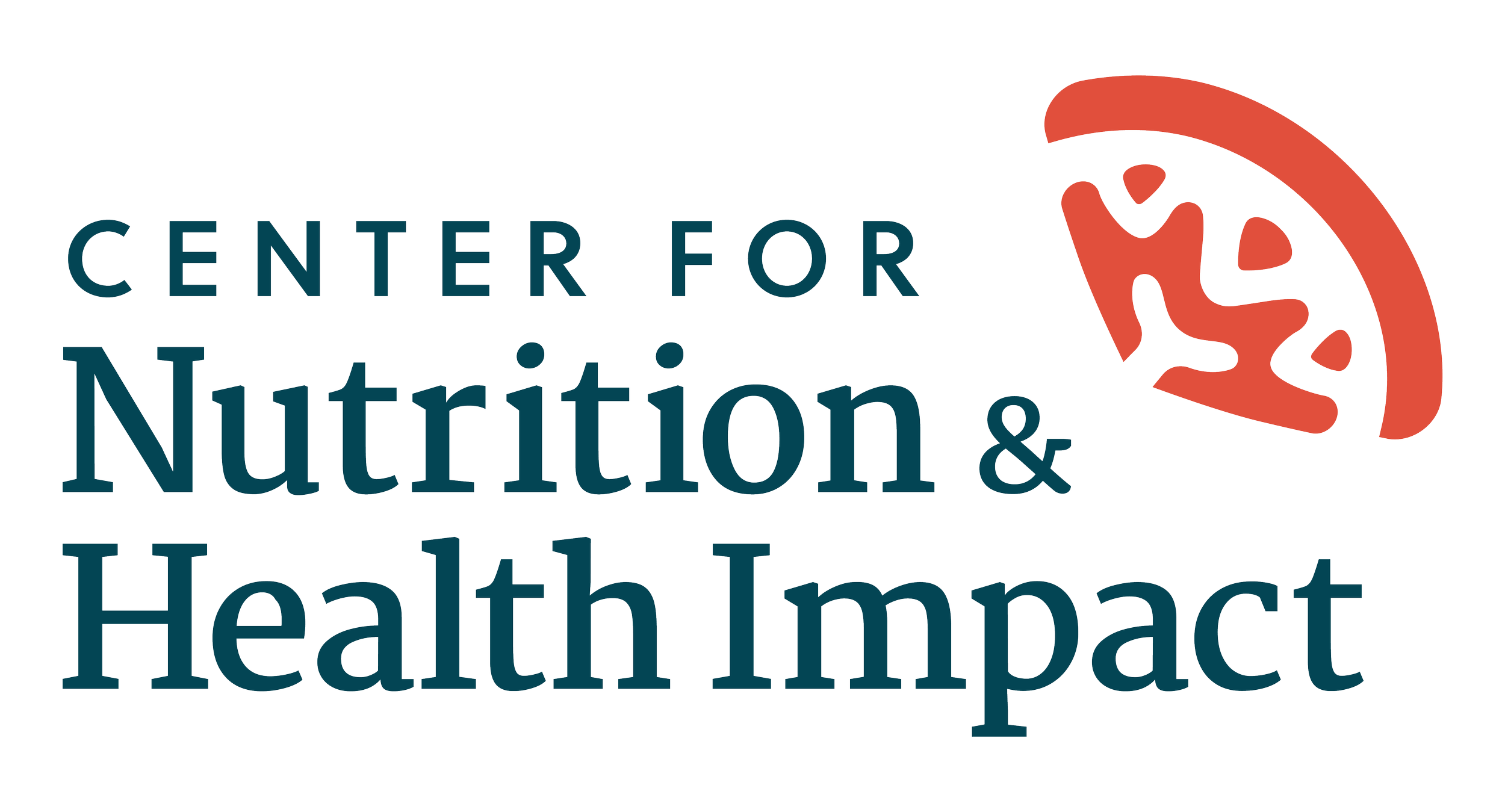Feature: Disability Pride Month
Foundational Participatory Research to Inform Measurement and Guidance for Addressing Food Security Among People with Intellectual and Developmental Disabilities (IDD)
Author's note: Language continues to evolve as new terminology emerges or current language becomes obsolete. While naming a person or group of people “the disabled” is viewed as inappropriate, many disabled people today embrace the word “disability” (Wong, 2019). Because disabilities are a core component of their identities, many disabled communities—particularly the Deaf and autistic communities—and their allies prefer identity-first language over person-first language and are encouraging others to do the same (Autistic Self Advocacy Network). Nonetheless, please always ask people how they would like to be addressed as each disabled person may have a unique preference. In this article, the terms are used interchangeably.
------- + -------
Research suggests people with cognitive, physical, mental health, sensory and other disabilities are at increased risk of experiencing food insecurity in the United States.
In fact, USDA’s Economic Research Service reported that 28 percent of disabled, unemployed U.S. adults and 24 percent currently in the labor force experienced low and very low food security in 2021. As a result, disability communities are at higher risk of developing chronic diet-related diseases.
The Center for Nutrition & Health Impact is starting a new Seed Funding project aimed at addressing food security among people with intellectual and developmental disabilities (IDD). At the Center, it is the first of its kind.
According to the University of New Hampshire Institue on Disability (UNH-IOD), disability communities face numerous challenges to food security. These can include health care expenses, inaccessible spaces to purchase and cook healthful foods, lack of reliable transportation, lower employment rates and pay, and insufficient support from nutrition assistance programs.
In honor of Disability Pride Month, we spoke with Senior Research Scientist Eric Calloway and Research Associate Grace Stott about this new project at the Center.
“Research has shown that ability status affects food security, whether it be [individual] challenges in shopping for, safely storing or preparing food, or structural barriers, such as lack of appropriate transportation or inaccessible grocery stores,” Stott explained.
The Center is partnering with Dr. Debra Brucker, a research associate professor at UNH-IOD and a leader in disability advocacy and research.
“UNH-IOD works extensively with many different disability populations and is experienced in academics, research and technical assistance in this field,” Calloway stated. He continued, “This project will allow them to expand further into food security research and evaluation, building upon past work they have done.”
The project’s overarching purpose is to include people with IDD and their families in participatory research by developing a prototype measurement tool and intervention guidance product.
To date, a food security measure specifically tailored to IDD communities does not exist. In addition to providing guidance to food security organizations on working with IDD populations, Calloway and Stott hope that findings will inform the development of a preliminary tailored food security measure for IDD populations that measures more than just economic access to food.
“These materials will ultimately be tested through future funding opportunities to assess whether the new interventions for persons with IDD improve food security status and related outcomes, such as dietary quality and overall health,” Calloway shared.
Many researchers inhibit disabled individuals from participating in research. Frequently cited justifications for exclusion include perceived additional costs, concerns about participants’ ability to meet study requirements and discriminatory beliefs that people with disabilities are fundamentally different from people without disabilities. As a result, many existing interventions do not accommodate their needs.
Calloway, Stott and partners are confident this project will be pivotal in including disability communities in the food security conversation and study design moving forward.
“It is extremely important to recognize and fully understand these factors so we can improve food security for all populations, regardless of ability status,” Stott emphasized. “The incorporation of a participatory research component helps empower IDD populations and ensures their experiences and concerns are voiced.”




